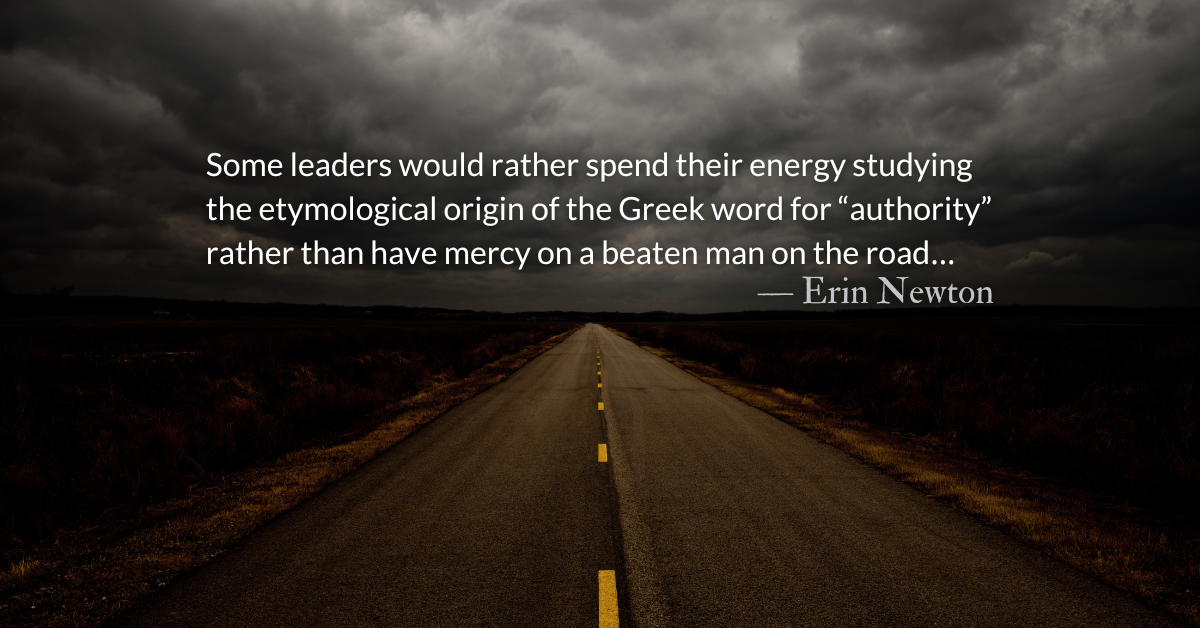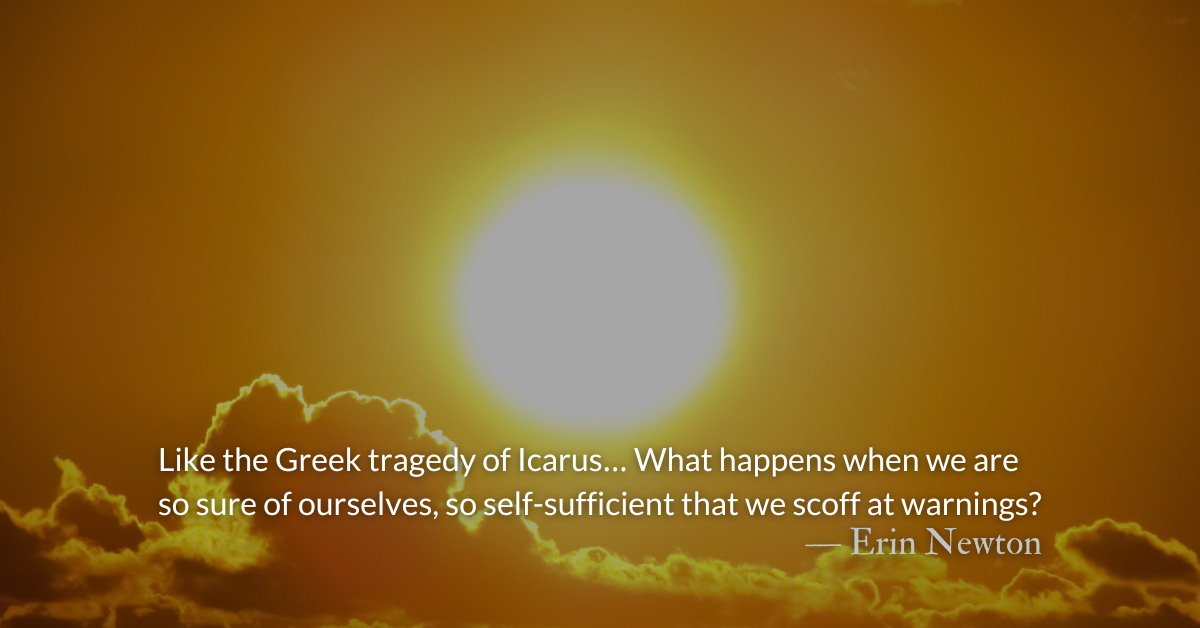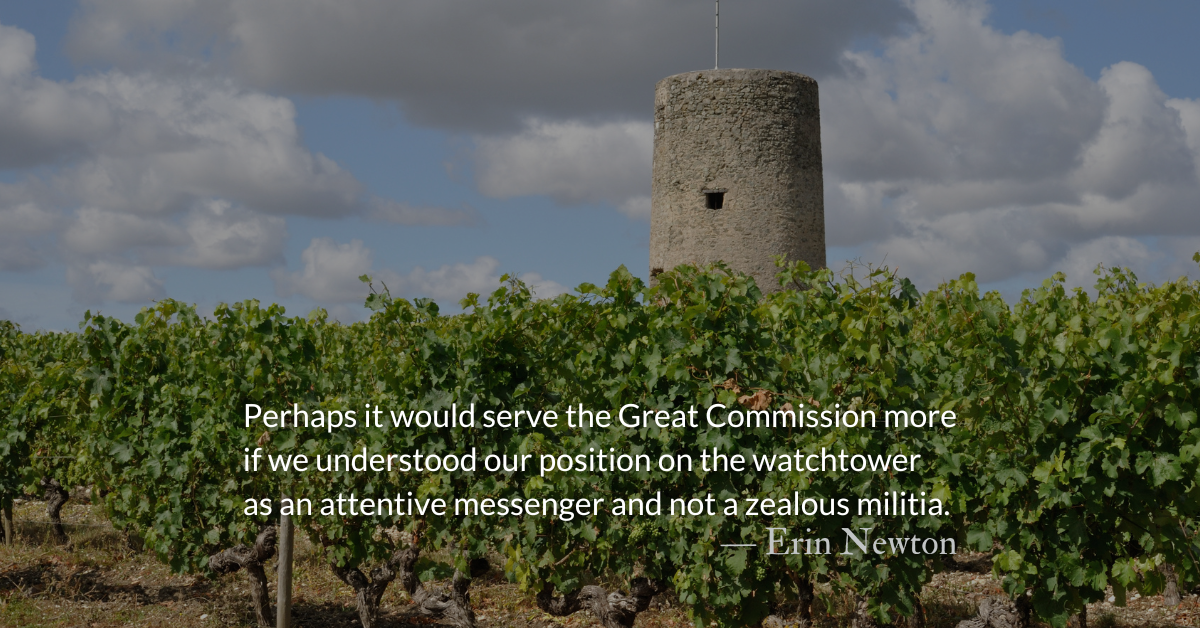Scripture Focus: Isaiah 35:8a
8 And a highway will be there;
it will be called the Way of Holiness;
it will be for those who walk on that Way.
Reflection: Two Roads Diverged in Barren Land
By Erin Newton
At the end of Isaiah’s long prophecy of judgment, the message shifts. A vision of the future—a vision of all things made right.
Isaiah describes God’s people like a caravan along a road in the wasteland. Distraught and downtrodden, a new path is cut through the desert.
One path is silent, cold, and stark.
The Way is filled with praise and joy.
One path is a road winding down into a desolate land.
The Way cuts through the wasteland leaving signs of life along the way.
One path is burdensome and hard, a place where strength and hearts fail.
The Way whispers, “Peace, be still. He is coming to save.”
One path is often difficult; strength and ability are stolen away.
The Way makes one whole; it heals the body and soul.
One path is deadly; there is nothing to sustain life.
The Way turns death into life; it has everything needed to thrive.
One path is traveled by wicked and dangerous people.
The Way is filled with redeemed travelers singing songs of praise.
One path is marked by hopeless sorrow and afflicted groans.
The Way bestows burgeoning gladness and eternal joy.
Like the poem by Robert Frost, two roads diverge. To continue on our usual path would mean continuing in a fruitless journey, exiled from God. But how exactly do we step onto the path that leads to life?
When Jesus warns his disciples that he must leave soon to return to the Father, Thomas asks for a roadmap to heaven (John 14). “How will we know the way?” Jesus simply replied, “I am the Way.” The path to life is through Jesus himself.
Even though Isaiah described a marvelous future promised to God’s people, we struggle to see this kind of utopian future now. The flowers are not bursting forth in song. The blind and lame and deaf are without healing. Ravenous beasts meet us on the road to harm us.
The Way of Holiness is a via dolorosa, a difficult path. Our Lord walked this path to redeem us from death. Let us take up our crosses to follow the Way. It is not without hope.
We take the first steps of this new road paved by the blood of Jesus. The world around us still shows signs of desolation and despair but the word in the air says, “Peace, he is coming.” The Way is good.
Divine Hours Prayer: The Small Verse
The Lord is my shepherd and nothing is wanting to me. In green pastures he has settled me. — The Short Breviary
Today’s Readings
Isaiah 35 (Listen -1:43)
Luke 17 (Listen -4:22)
Read more about The Path of the Cross
A Christ who brings earthly victory enjoys near universal welcome…Everyone rejected this suffering Christ. Even the closest of his disciples.
Read more about No Such Thing as God Forsaken
It may be a long road and a long exile between condemnation and redemption.






